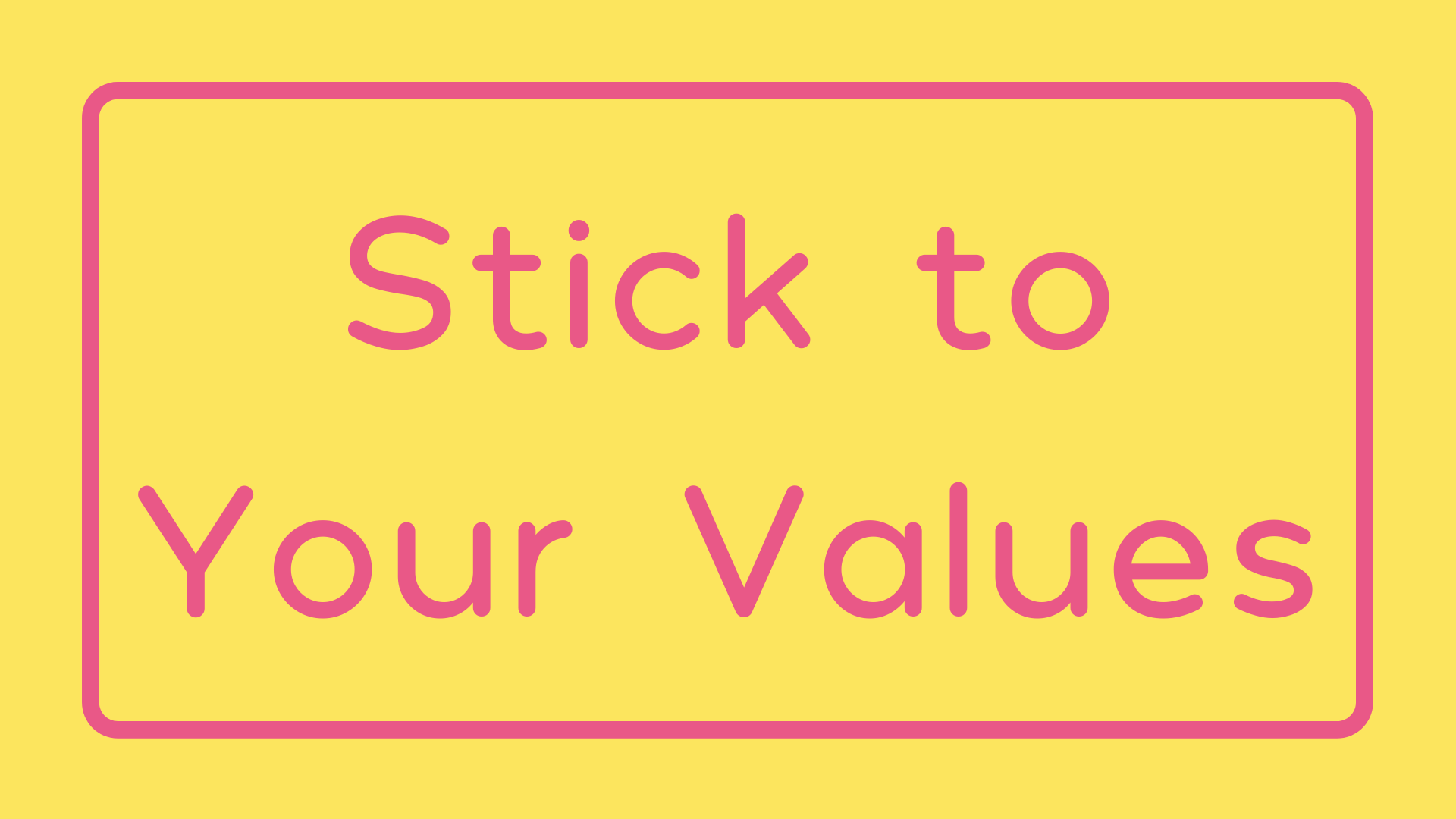Having a healthy relationship with your parents while you're still a teenager is totally possible.
As a mental health therapist, I have seen first-hand how teens talking with their parents about their mental health struggles has helped them live happier lives and develop healthier relationships (even with themselves!!).
If you'd like parents to take you and your mental health struggles seriously as a teenager, this video post will help!
If you prefer to watch the video, click this image here:
🔔Subscribe here for MORE videos that help teens struggling with mental health: mallorygrimste.com/youtube
If you prefer to read, here’s what you need to know about getting parents to take you and your mental health seriously as a teenager:
Dialectical Behavior Therapy (DBT) has a whole skill set that's based around helping you communicate in a way that you can stand up for yourself while maintaining your self-respect.
They use the acronym F.A.S.T. to remember these four skills:
FAIR
There's this curse that we all have that is called the curse of knowledge. It's where we forget what it was to not know the information that we know now.
We mistakenly think that pummeling people with facts is what gets them the knowledge that we have now. And that's not true.
If you want them to take your mental health seriously, then you need to remember that this may be new information to them, even though it's not new information to you.
It might take some time to help them relax and marinate on what it is that you're sharing with them so that they can take you seriously moving forward.
A great way to practice being fair to yourself and other people is to practice what's called Beginner's Mind. It's where you pause and think:
“if I was brand new to the situation or these circumstances, what would I need to know and how would I need to acquire that knowledge in order to understand what it is that I'm trying to get them to understand?”
You wanna be fair to yourself and your parents. Don’t make them responsible for things that they had no control over, like traffic. Be annoyed at the situation, rather than annoyed at them.
Take a step back, check-in. Are you being fair to your parents when you're trying to communicate these things to them?
LIKE THIS VIDEO POST? I’D LOVE FOR YOU TO FOLLOW ME ON PINTEREST AND PIN IT FOR LATER!
APOLOGIES
In the United States of America, we do a horrible job of training young children to apologize for things that they're not even sorry for.
This makes it really difficult to take people seriously and to realize when they're being genuine or sincere with their apology if you just apologize for everything or nothing at all.
So be intentional with your apologies. Only use them when you actually have responsibility for the situation, and use them when you are sincerely sorry for the impact of whatever it is that you're apologizing for.
Please do not apologize for other people's emotional experiences.
How annoying is it when somebody says to you, I'm sorry that you feel that way? It's totally invalidating and not helpful at all.
If you struggle with chronically over-apologizing (I get it, me too!), you can replace the words, "I'm sorry" with "thank you."
→ Rather than saying, I'm sorry that you feel that way, you can say, thank you for sharing your feelings with me.
→ Instead of saying, I'm sorry for making you feel uncomfortable, you can say, thank you for letting me express myself. See the difference there?
STICK TO YOUR VALUES
If you're not sure what your values are, an easy way to identify them is to consider: what do you want people to say about you behind your back?
If they're gonna talk about us when we're not there, we want them to say kind, nice things, right?
You can also think about the impact that you have, or want to have, on others. Those are typically the values that you live your life by.
When you stick to your values, and you make your choices based on those values, people will come to expect and respect that from you.
TRUTHFUL
You want to be genuine, direct, and clear with what it is that you're wanting to say.
You definitely don't wanna over-exaggerate, but you also don't wanna minimize what your experience is. You wanna be clear and direct.
Clear is kind here.
Say what you mean and mean what you say, and you'll be well on your way to a healthy relationship.
Wanna know my four secrets that every teenager needs to know for healthy relationships?
Click here for that video post: mallorygrimste.com/counseling-blog/healthyrelationshipsecrets
Please be sure to share this video post if you found it useful and helpful. You never know who you could be helping.
You can also join the conversation about how to get parents to take YOU and Your Mental Health seriously as a teenager in the comments on YouTube here: https://youtu.be/teevcLpWhP4
IF YOU ARE CONCERNED THAT YOU, OR SOMEONE YOU KNOW, MAY BE CONSIDERING KILLING THEMSELVES, PLEASE CONNECT THEM WITH HELP.
SUICIDE PREVENTION LIFELINE
1-800-273-8255
✨ Call 24/7 ✨









